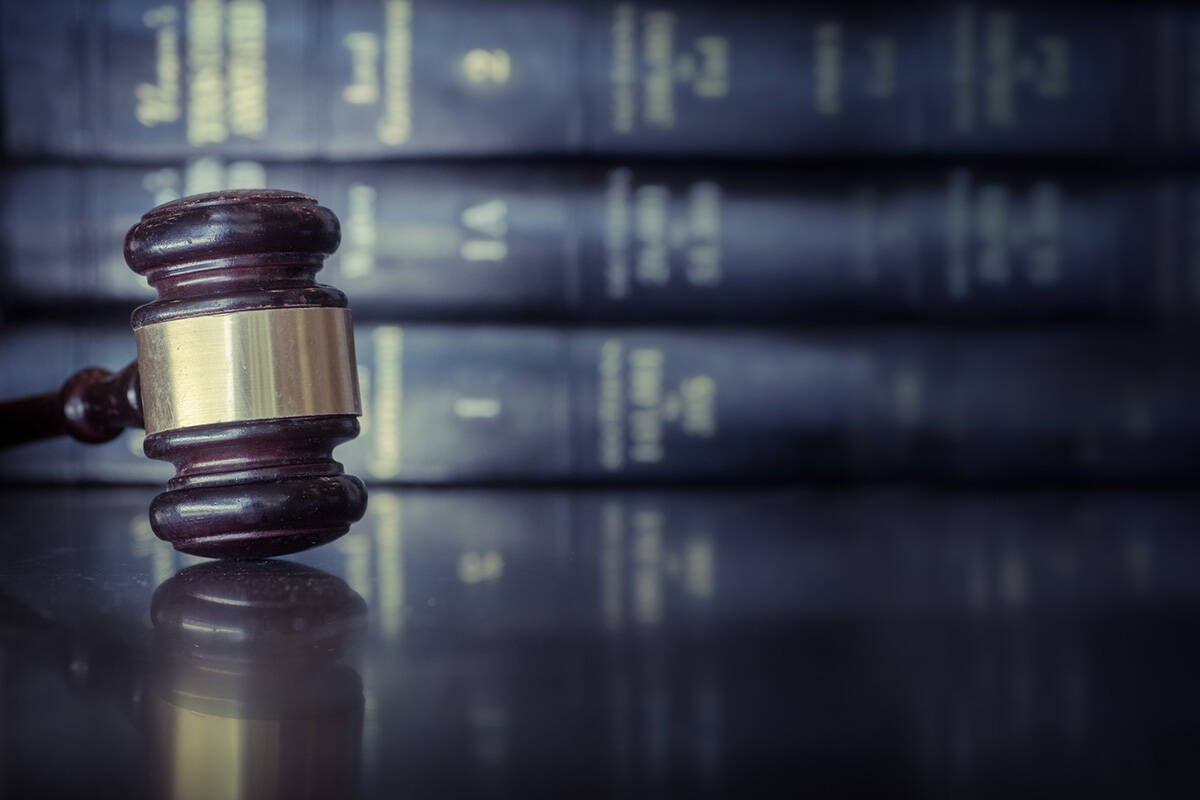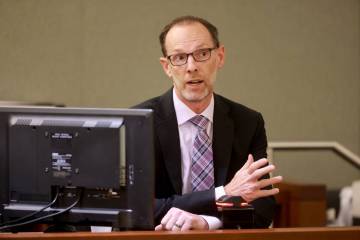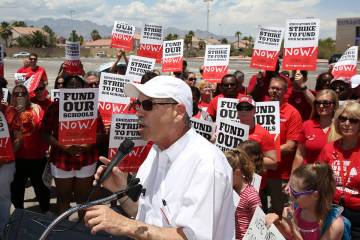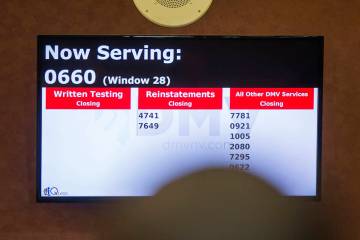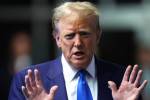EDITORIAL: A middle ground in the Trump immunity case
Donald Trump has made sweeping claims of presidential immunity in an effort to fend off two criminal prosecutions by special prosecutor Jack Smith. Mr. Smith, on the other hand, contends that the office of the presidency imports no special protection from the reach of the law.
There are problems with both arguments. No president can be above the law. But do we want a system that opens up a former president to politically motivated prosecutions involving policy disputes?
The latter is not theoretical. The flimsy ongoing hush-money case in New York is a prime example of a vindictive prosecution. Democrats should be careful what they wish for. The standard that Mr. Smith seeks could also be used by Republicans to harass former high-ranking Democrats. For much of our history, this may have seemed far-fetched. But as our political discourse plunges deeper into the sewer, such tit-for-tat seems quite likely, unfortunately.
On Thursday, the two sides were before the U.S. Supreme Court. Sensibly, the justices appeared unprepared to offer Mr. Trump complete immunity, particularly for acts unrelated to his presidential duties. They also, however, recognized the potential problems if the man or woman in the Oval Office doesn’t enjoy some protection in the course of carrying out official acts.
“You know how easy it is in many cases for a prosecutor to get a grand jury to bring an indictment,” Chief Justice John Roberts noted, “and reliance on the good faith of the prosecutor may not be enough in some cases.”
That led Mark Brnovich, former attorney general of Arizona, to tell Fox News Digital, “I think the court recognizes that it would be a dangerous precedent if future presidents can prosecute their political rivals.”
A 1982 high court decision involving Richard Nixon found that the president has “absolute immunity” from civil suits within the “outer perimeter” of the office’s duties. It would seem such a shield might also extend to criminal charges. Notably, Mr. Trump’s attorney conceded on Thursday that some of the actions for which the former president has been charged are related to private conduct.
Yet none of this has been considered by the lower courts. Democrats want a swift resolution so Mr. Smith can get a verdict before the November election, potentially damaging the presumptive GOP nominee. But “the job of the Supreme Court isn’t to follow the election calendar,” The Wall Street Journal notes. As constitutional lawyers David B. Rivkin and Elizabeth Price Foley argue in the same publication, the justices should draw a line allowing prosecution for genuinely criminal acts, but providing a modicum of protection for conduct that is related to the duties of the presidency. The lower courts may then determine if and when to proceed.



